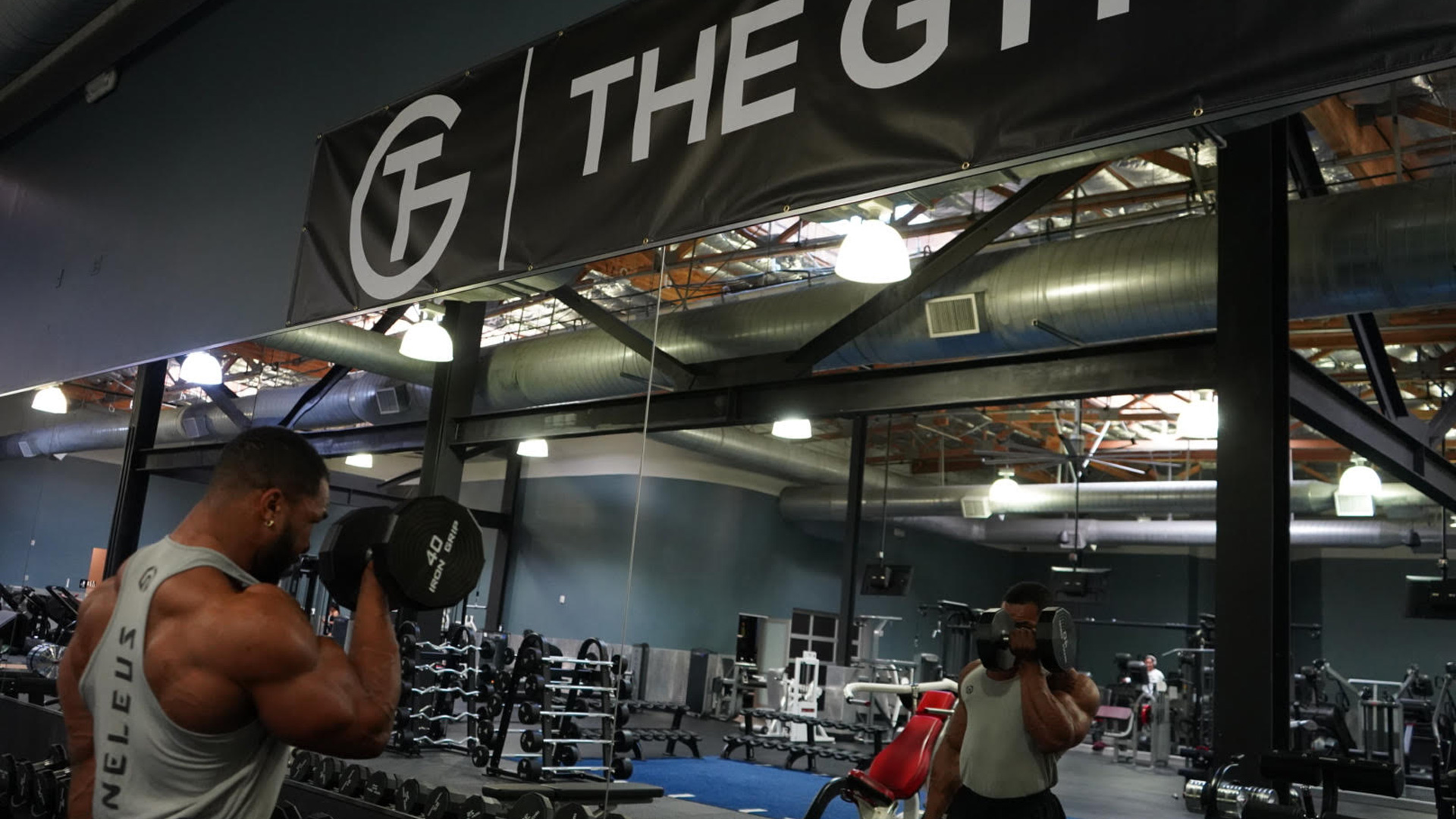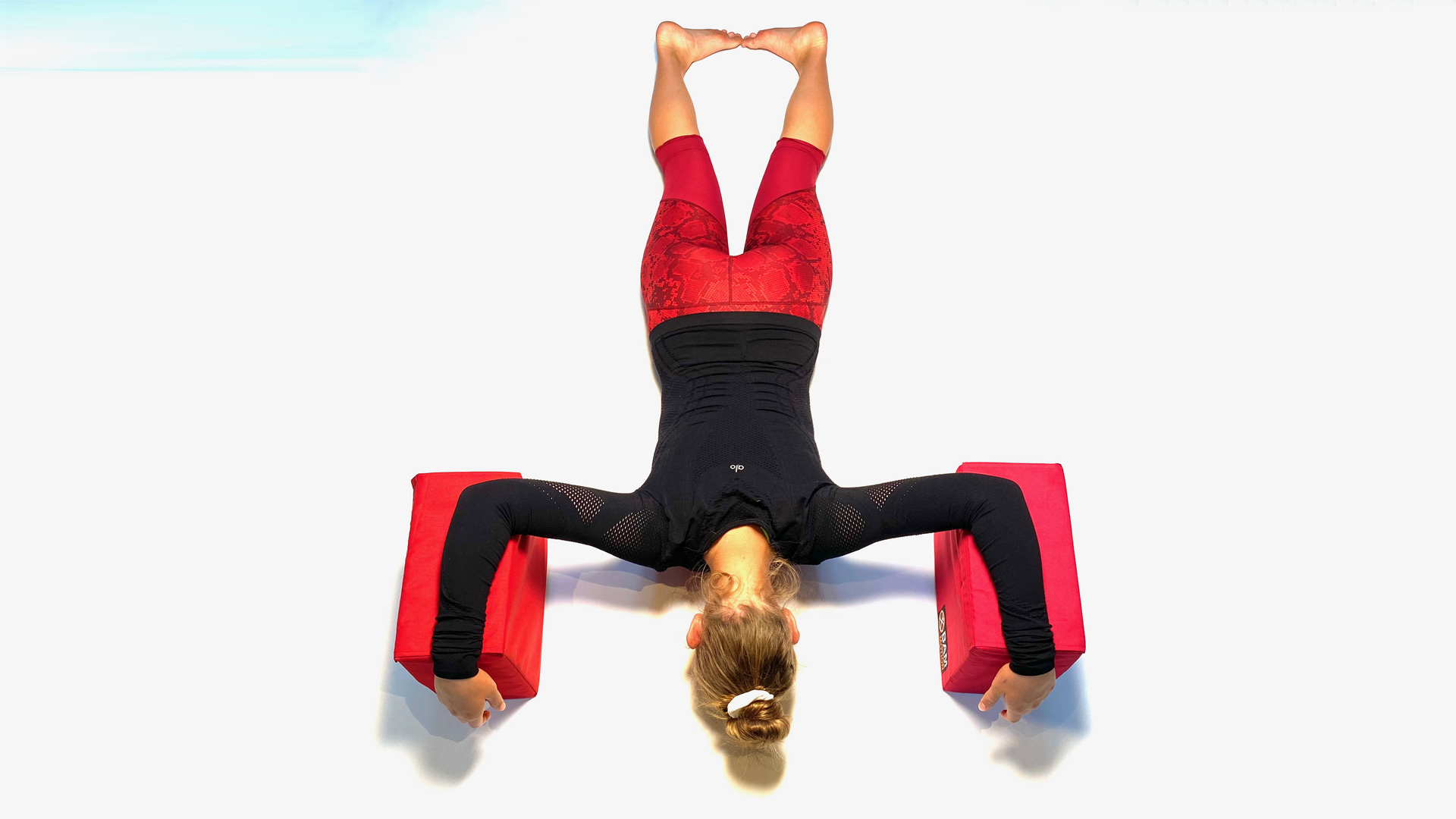All Categories


In the fitness world, coaches and trainers are often praised for their hustle, energy, and drive. But let’s be real. Behind the big smiles and high-energy playlists, many of us wrestle with something more challenging to admit: we’re not always motivated. Sometimes it’s burnout. Sometimes it’s boredom. And while they can feel similar, tired, checked out, not loving the work, the roots and fixes are totally different.
Knowing the difference matters. Because if you don’t, you might treat boredom like burnout or burnout like boredom, and end up stuck even longer. Let’s break it down.
Burnout happens when you’ve been running too hot for too long. You’re overbooked, stretched thin, and emotionally wrung out. Think of this like an overflowing coffee cup. Signs include:
Burnout is what happens when your brain gets stuck in overdrive. Stress hormones, such as cortisol, are designed to help you in short bursts, like when you need to power through a tough situation. But when those stress signals never turn off, your body and brain start to pay the price.
The part of your brain responsible for planning and decision-making slows down, while the part that’s constantly scanning for threats kicks into high gear. That combination leaves you feeling edgy, drained, and unable to think clearly. It’s why burnout often shows up as irritability, brain fog, and the sense that no matter how much you rest, you can’t quite recharge.
Boredom, on the other hand, shows up when things are too flat. You’re not challenged. You’re on autopilot. You might be showing up, but inside, you’re restless. Your coffee cup is empty. It can come from:
Boredom, on the other hand, is more like your brain in underdrive. Instead of running hot, it’s running flat. Your dopamine system, which fuels motivation, reward, and excitement, isn’t getting the stimulation it needs. When your work feels repetitive or unchallenging, dopamine production decreases, and your brain begins to crave novelty.
That’s when you feel restless, distracted, and disengaged, even if you’re technically not tired. It’s less about exhaustion and more about a lack of spark, the sense that nothing you’re doing is firing you up or pushing you forward.
Think of it this way: burnout is “too much,” boredom is “not enough.”
| Category | Burnout | Boredom |
| Energy | Wiped out, exhausted | Flat, restless |
| Emotions | Overwhelmed, stressed, irritable | Indifferent, apathetic |
| Brain | Foggy, forgetful, can’t focus | Distracted, mentally checked out |
| Behavior | Withdrawing, dropping performance | Just going through the motions |
| Motivation | Dreading work, wishing you could quit | Craving something new |
| Body | Sleep issues, tense, run-down immune system | More mental than physical fatigue |
Here’s the kicker: they can overlap. A coach who is stuck teaching the same routine might start bored, but because they can’t change things (such as money, schedule, or management), the frustration eventually turns into burnout. On the other hand, someone who has burned out might lose all creative energy and start feeling bored as well.
Either way, if you don’t address it, performance drops, client relationships suffer, and your career might feel shorter than you’d planned.
Both states wear you down mentally, just in different ways. Burnout needs recovery and boundaries. Boredom needs variety and challenge.
Both burnout and boredom are part of the coaching journey at some point. The trick is spotting which one you’re in and giving yourself what you really need. Burnout calls for recovery and boundaries. Boredom calls for curiosity and creativity.
When you get it right, you’ll not only feel better, you’ll show up stronger for your clients, keep your career fresh, and find more joy in the work you love.
About Jessica Maurer
Jessica is a recognized fitness business consultant and strategist focusing on transforming businesses from overwhelmed to organized. Her international presentations, workshops, certifications, and consultations underscore her commitment to helping fitness professionals and businesses realize their full potential. When Jessica takes the stage, she’s sharing fresh ideas and inspiration that spark positive change. Jessica’s international presentations and consultations are about growth, career transformation, overall wellness, and making fitness a joyful journey. Her expertise spans education, program and instructor development, and brand evolution, making her a key player in elevating the industry. Jessica also played a pivotal role in developing the Mental Well-being Association’s certification for Fitness Professionals., always striving to bring a holistic approach to wellness that’s as uplifting as it is effective.
Jessica has presented at prestigious events like IDEA World, Fitnessfest ACSM Health & Fitness Summit, SCW Mania, AsiaFit, and more. She has worked with brands such as FIT4MOM, SFR, BOSU, Lebert Fitness, Savvier Fitness, SCW Fitness, FitSteps, canfitpro, IDEA, and VIBES music. She also has written content for the IDEA Fitness Journal, canfitpro Magazine, Mental Well-being Association, FIT4MOM, Motherly, and more.
Powering the Business of Health, Fitness, and Wellness Coaching

By Elisa Edelstein

By Elisa Edelstein

By Robert James Rivera

By Elisa Edelstein

By Elisa Edelstein

By Robert James Rivera

Powering the Business of Health, Fitness, and Wellness Coaching
